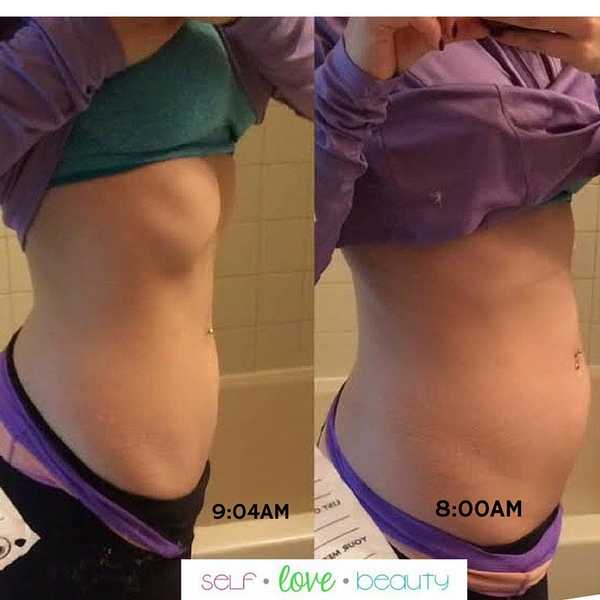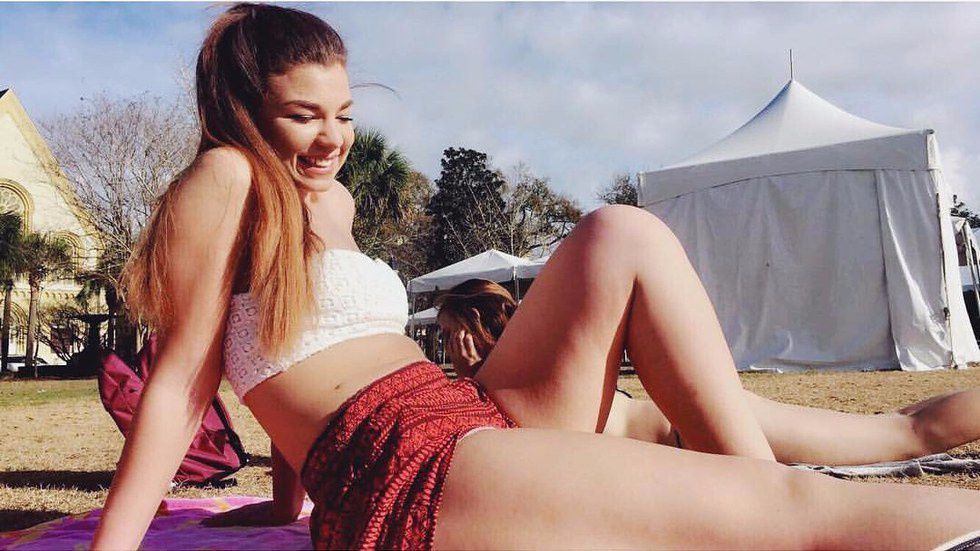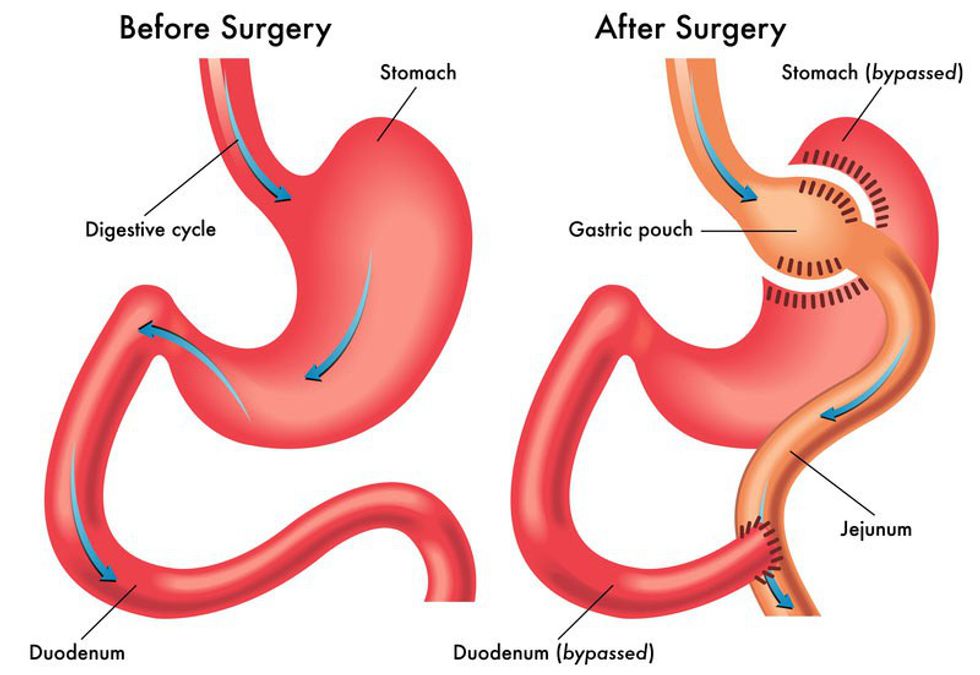In honor of National Nutrition Month, I decided to open up and discuss my weight loss surgery this week. I had surgery at the Medical University of South Carolina in July of 2014, the summer before my senior year of high school. I was sixteen years old and the second youngest person to ever have gastric bypass at MUSC (Check out my interview with MUSC discussing my surgery).
Many people don’t understand why I would put myself under the knife, especially at such a young age, to have a very risky surgery just to lose weight when I (and these are actual words someone said to me) “could just eat healthily and exercise.” What this person didn’t understand is that I didn’t take the decision to have surgery lightly. I spent months contemplating the decision and researching the surgery, learning everything there is to know about having gastric bypass and life after. I knew that I was signing up for a lifetime filled with seven daily vitamin supplements, lactose intolerance, anemia and never again being able to gorge myself with food. But I was willing to take on all of these challenges because, for me, the benefits outweighed the costs. At the rate I was going, had I not had surgery, I would have developed high blood pressure, diabetes, worsened the effects of my polycystic ovarian syndrome, continued to have low self-esteem, severe depression, and anxiety and in reality, I probably would have died much younger than I was meant to.
It wasn’t like I hadn’t tried to lose weight. Believe me, I had. I tried every program, diet and boot camp under the sun, to no avail. Sometimes I would lose a little weight, twenty or so pounds, but within a month that weight would be right back on and I would be in the same place I started. Weight loss surgery was a final, desperate attempt to change my life, to change my habits and to become who I really wanted to be.
So, what is gastric bypass? A gastric bypass is a form of weight loss surgery that changes the way your stomach and your small intestine handle food. The surgery consists of two parts: In the first step, the surgeon makes the stomach smaller by separating it into two pieces, a small upper section, and a larger lower section. The smaller upper section, now known as the pouch, is the new stomach, is the size of a walnut and can typically only hold about 28 grams of food. In the second step, the surgeon connects the pouch to the small intestine. This means food will now completely bypass the large intestine resulting in the consumption of fewer calories. The surgery is most commonly done laparoscopically which means that rather than the surgeon making a large incision in the abdomen, four to six small cuts are made. Cameras and the tools needed to perform the surgery are placed through these cuts and the surgery is performed in about two to six hours. Gastric bypass is a major surgery and the list of risks associated is long, however many of the risks can be greatly reduced by following the strict post-surgery guidelines and maintaining a healthy lifestyle.
I was in the hospital for three days after my surgery. I will admit, they were the worst and longest three days of my life. I was in a considerable amount of pain both from the surgery and due to the pressure of the nitrogen gas they injected into my abdomen to increase visibility. There were three conditions I was required to meet before I would be allowed to leave. I had to got to the bathroom by myself (i.e. without the use of a catheter), I had to relieve my body of the nitrogen gas (that’s right, I literally had to pass gas in order to go home and finally, I had to eat and keep it down). One would assume that tasks as simple as going to the bathroom, passing gas and eating would be cake walks to complete, but oh, how wrong you would be.
I couldn’t go to the bathroom because I couldn’t drink any water for the first two days and believe me, all I wanted was a cold glass of agua. My mouth was drier than the Sahara and all I was allowed to have to remedy this was a little sponge on a stick that I could dip in water and rub around the inside of my mouth to moisten it. I felt like I was participating in some twisted form of torture. Feeling those minuscule droplets of water on my dried up tongue only made me thirstier, so eventually, I gave up on that and just suffered in my dryness. I didn’t get that gas out of my body until the third day, which means for nearly 72 hours I was in severe pain from the pressure in my abdomen. The only way to speed along the gas passing process was to walk. So every hour on the hour a nurse came to remind me to take a lap around the hospital wing, which was conveniently shaped like a circle, and when I say every hour on the hour I mean every hour. I remember being so angry at three in the morning on the third day when a nurse came in and woke me up from the pitiful slumber I was in to take a walk. But I did, and a few hours later it happened and I swear I heard angels singing. This was the single biggest feeling of relief I think I’ve felt physically in my entire life. Shortly after, a nurse brought me cream of chicken soup to eat and after four days of not eating (as I couldn’t eat the day before surgery), this hospital soup tasted like the opener to a five-star dinner. After I successfully consumed my soup I was well on my way home to a shower and my own, comfy bed. I was feeling #blessed.
Little did I know that this was the beginning of a very long, painful, difficult and exceedingly frustrating process to change my way of life, a way of life I had been consumed in for my sixteen years of existence. The first two months were the hardest for me because, for the first month, all you’re allowed to eat are liquid foods. Soups, smoothies and blended foods. I mostly stuck to the soup but I remember one time I got adventurous and tried a recipe for a blended chicken breast that I found online. Listen, I should have been hesitant to the fact I was about to puree chicken but I had reached my limit on Campbell’s soups. Well, I blended the chicken following a recipe that included black beans, lemon and various herbs. Sounds like it would be tasty, right? Wrong – oh, dear God, so wrong. I felt like I was eating baby food and proceeded to spit that chicken puree half-way across the kitchen as soon as it touched my tongue. So I regressed back to my soups, just to stay safe.
The second month was difficult because this is when you begin to transition back to solid foods. As much as I wanted to crunch down on an entire bag of Doritos, I knew this was not longer an option for me. During this month, I had to learn what I could eat and how much of it I could handle. I spent many hours hugging the toilet after eating too much or eating something I wasn’t supposed to. Anything too greasy, high in salt, high in sugar, high in acid and anything related to dairy made me so sick that I never wanted to eat it again. But eventually, I relearned my limits and overtime I develop new likes and dislikes for foods. Eating healthy became my way of life rather than something I was doing for a short time in an attempt to lose weight.
Though these times of transition were hard and there were many times that I thought, “What did I do to myself?” I was beginning to see massive results. I was losing between three and five pounds a week so by the three-month post-op marker, I had lost around 50 pounds already. Immediately, I felt better about myself which led to me being more outgoing and more willing to try new things.
As I continued to lose the weight, I began to find something that I had been looking for for a long time: myself. I developed a value of self that I had never had before because when I was overweight, I just couldn’t look in the mirror and love who looked back at me. That girl wasn’t me. The real me was trapped inside, safe behind the layers of fat and self-loathing, and as those layers melted away I emerged, like a butterfly from a cocoon. By the six month marker, I had lost 70 pounds. By the one-year marker, I was at 90 pounds. Now, I am almost three years post-op and I have lost 107 pounds, which means I am over half the size of my starting weight, which was 298 pounds (I technically weighed 277 on the day of my surgery because I was required to lose twenty pounds before surgery to demonstrate I was ready for the commitment of surgery).
Since my surgery, I’ve had a complete transformation in body, mind, and spirit. The physical improvements are obvious, I dropped five pants sizes, two shirt sizes, and last summer I bought my very first bikini. This was an exciting event for me, as I had never felt comfortable wearing one before and had always felt uncomfortable in my high coverage swimsuits. But all the changes that were happening on the outside gave way to even more amazing alterations on the inside. I found a love for myself that was a complete 180 from the hatred I used to feel. I felt confident and beautiful, I believed in myself and my capabilities and I felt worthy of only the best in life and I began to accept only that. I no longer cared what people thought about me because I felt like I was amazing and anyone who didn’t agree wasn’t worth my time. Anyone who has struggled with low self-esteem understands what a revelation this is and how impactful self-confidence can be.
Gastric bypass was not easy. In fact, it was the single most difficult thing I have ever put myself through, but it not only changed my life, it saved my life. I am turning twenty this year, and never did I ever think that I would be where I am today. My life brings me so much joy and satisfaction, and I attribute that entirely to my decision to have surgery. I am so grateful to my amazing team at MUSC, my surgeon, dietician and all the others that were involved in completely changing my life. Thank you.

























